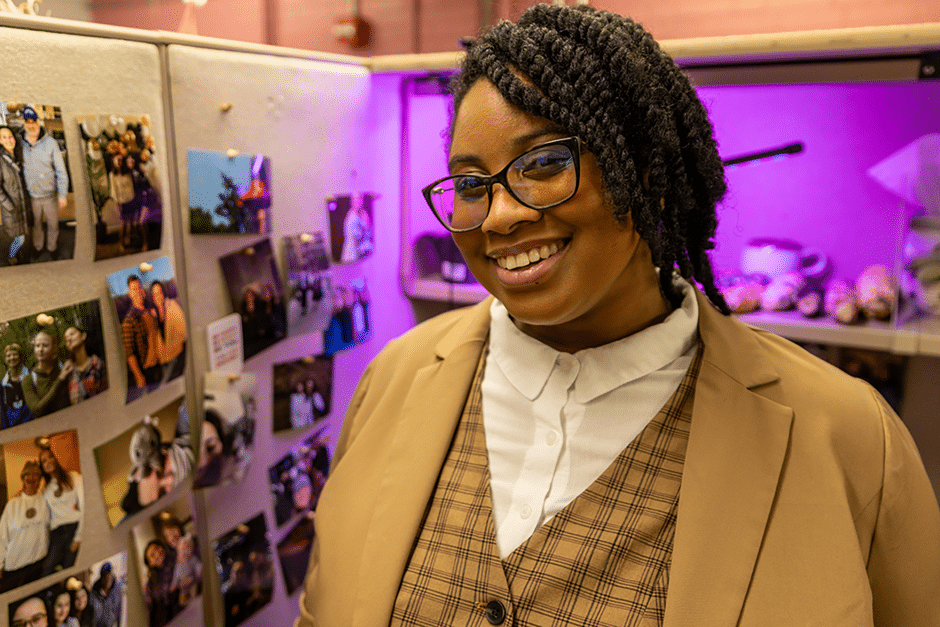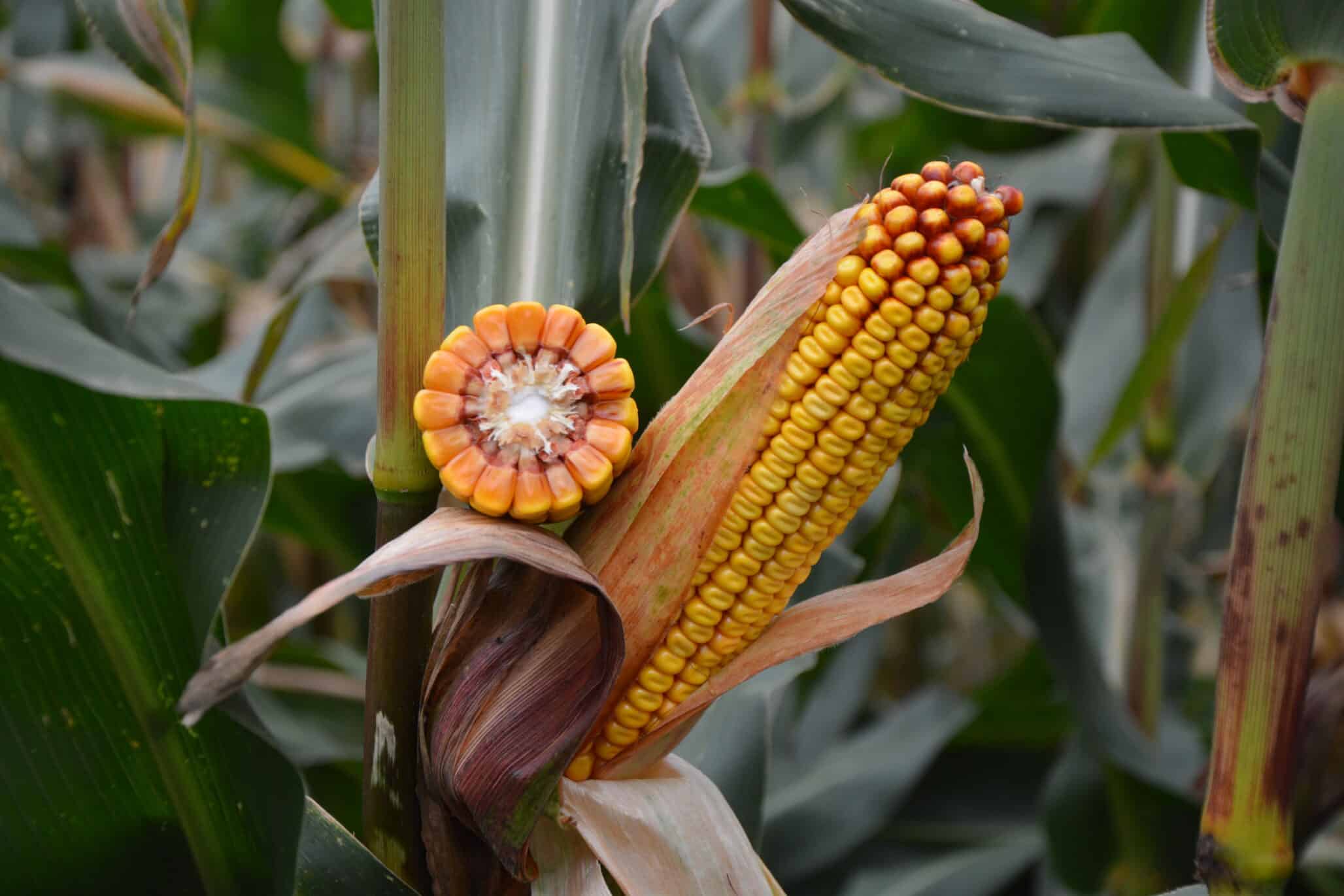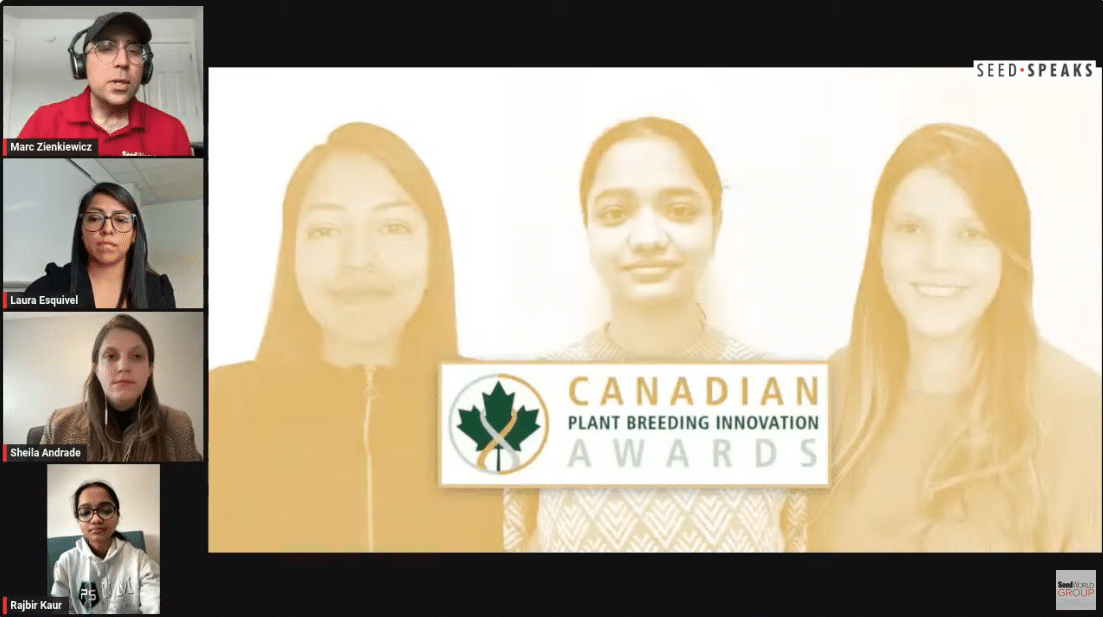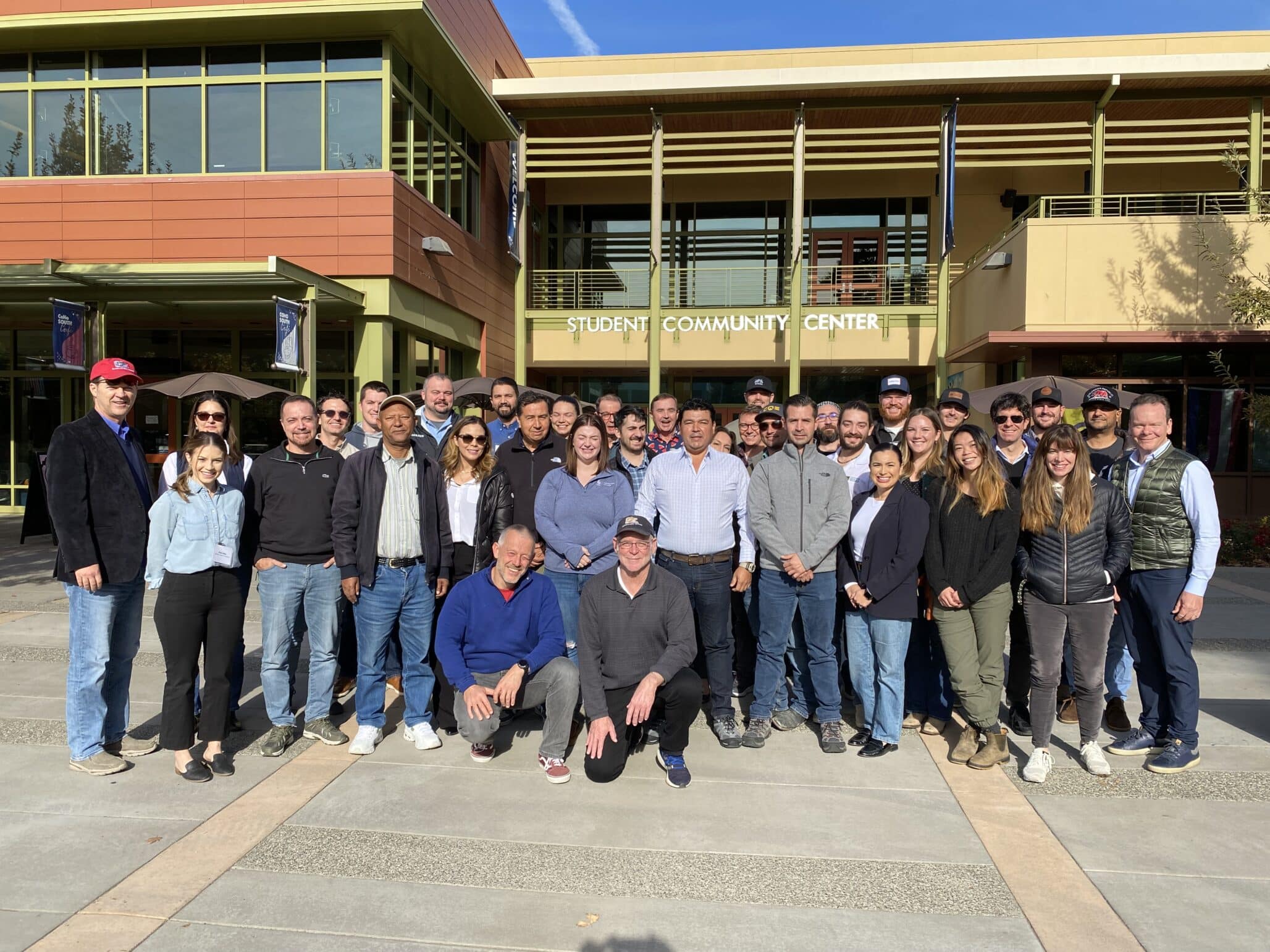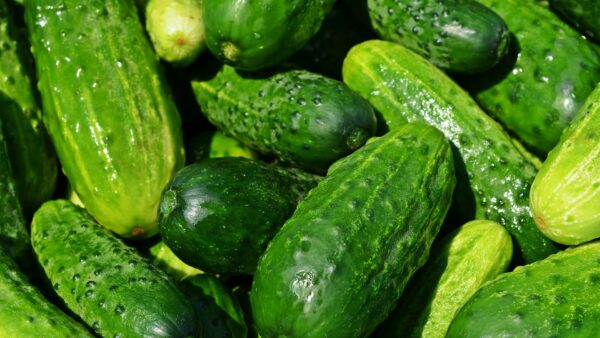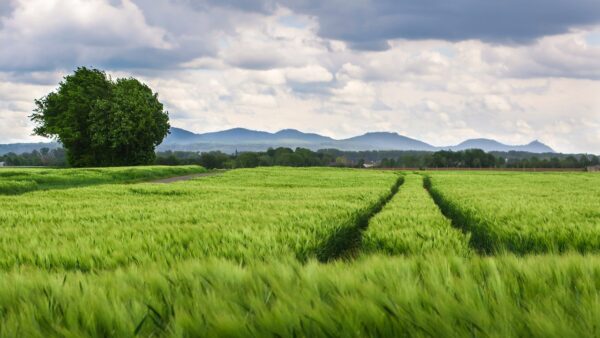A University of Missouri student’s corn research could revolutionize your favorite foods.
Danny Davis is on a quest to crossbreed the most nutritional, tastiest corn possible. The senior plant sciences major from Shakopee, Minnesota, came to the University of Missouri eager to combine her interest in DNA with research that improves the lives of both farmers and consumers.
Davis’ involvement in Mizzou’s Maximizing Access to Research Careers (MARC) and Initiative for Maximizing Student Development (IMSD) programs helped her discover an on-campus corn genetics lab run by Sherry Flint-Garcia, a research geneticist with the U.S. Department of Agriculture (USDA).
Davis said the research skills she gained under Flint-Garcia’s mentorship have been the highlight of her Mizzou experience.
“I have learned so much from Sherry. One of the main goals of our research lab is to crossbreed two types of very good corn to make the resulting offspring even better,” Davis said in a recent MARC news release. “By analyzing the DNA of different types of corn, we can learn what the genotypes say about how it will grow, how much water to use, how it will smell, look, taste, and what it can be used for. Our ultimate goal is to help small farmers by offering them a tastier and more nutritious product to sell to businesses and consumers so that they can increase their profits without having to expand their land or compete against major corporations.”
Davis’ efforts in Flint-Garcia’s lab ultimately will help small businesses in the Midwest, including Yoli Tortilleria, a corn tortilla factory in Kansas City, Missouri, and Wood Hat Spirits, a distillery in New Florence, Missouri.
“On the corn tortilla side, many of the existing products on the market are made from commercial yellow dent corn and aren’t very tasty, so there is a lot of room for improvement,” Davis said. “And on the whiskey side, there is only so much you can do to tweak the aging process or oak of the barrel. At some point you’ve got to go back to basics and change what you are making the whiskey out of in the first place. Increasing the quality of the corn can be the difference between whiskey that goes down harder with more of a burn compared to whiskey that goes down smoother with a more complex melody.”
Davis and her lab mates recently hosted a corn tortilla taste-testing event at Mizzou to get feedback from people on which types of corn make the tastiest tortillas. The feedback may eventually help farmers in Missouri plant new varieties of more flavorful corn that can withstand Missouri’s weather conditions and climate.
Flint-Garcia refers to Davis as the lab’s ‘social butterfly,’ noting her persistence, assertiveness and ability to collaborate well with others as attributes that will help her succeed as her career progresses.
“Danny is never afraid to introduce herself, ask questions, show her personality and communicate her goals and vision,” Flint-Garcia said. “Sometimes scientists tend to be more introverted, and her ability to learn new things and work well with others makes her a valuable team member wherever she ends up.”
During her time working in Flint-Garcia’s lab, Davis was involved in analyzing and crossbreeding heirloom corn primarily from South America and southern Missouri. While Davis is set to graduate from Mizzou’s College of Agriculture, Food and Natural Resources this spring, Flint-Garcia’s lab recently earned grant funding from the USDA that will allow the lab to access and study 1,000 heirloom corn varieties originating from across the United States.
“Now that the lab has corn from across the United States to work with, the sky is the limit,” Davis said. “It warms my heart to know that our research has been meaningful, and positively impacting the people that our data affects is a rewarding experience.”
Davis, who will soon go to graduate school and pursue a doctoral degree in plant sciences, credits the support and mentorship she has received at Mizzou for all the opportunities she’s been able to take advantage of.
“Being a part of MARC and IMSD helped me find paid research opportunities, support and mentorship, and hands-on lab work that is geared toward helping ordinary people out in the community,” Davis said. “All of the people in the Office of Undergraduate Research, especially Brian Booton, Sarah Humfeld and Linda Blockus, and my lab mentor, Sherry Flint-Garcia, have been so welcoming and encouraging to me throughout my collegiate journey. Mizzou has supported me, and I feel lucky I get to support farmers in return.”


